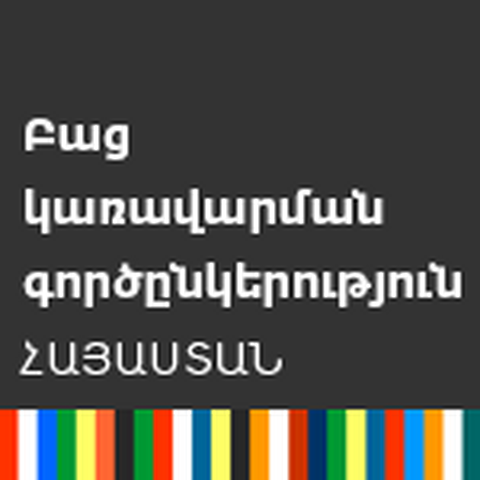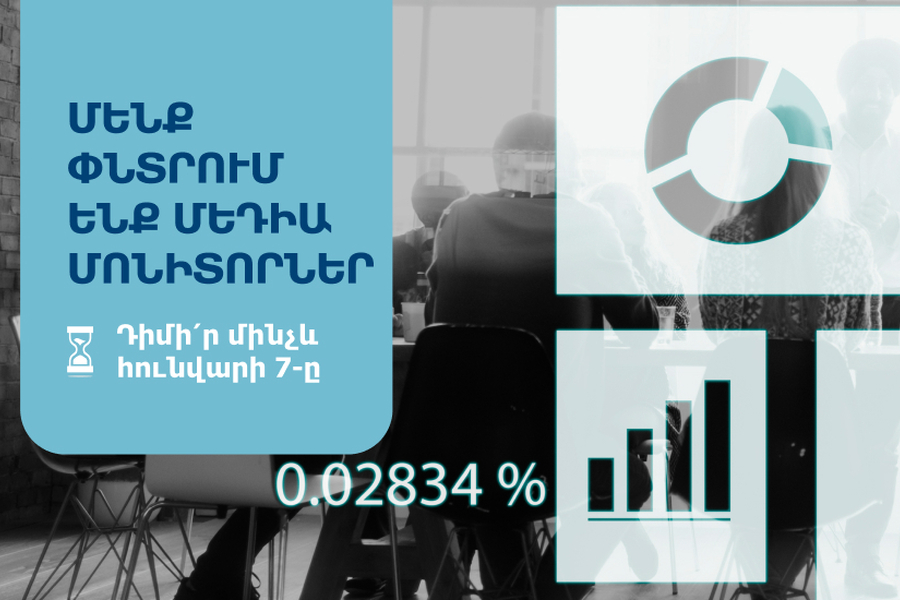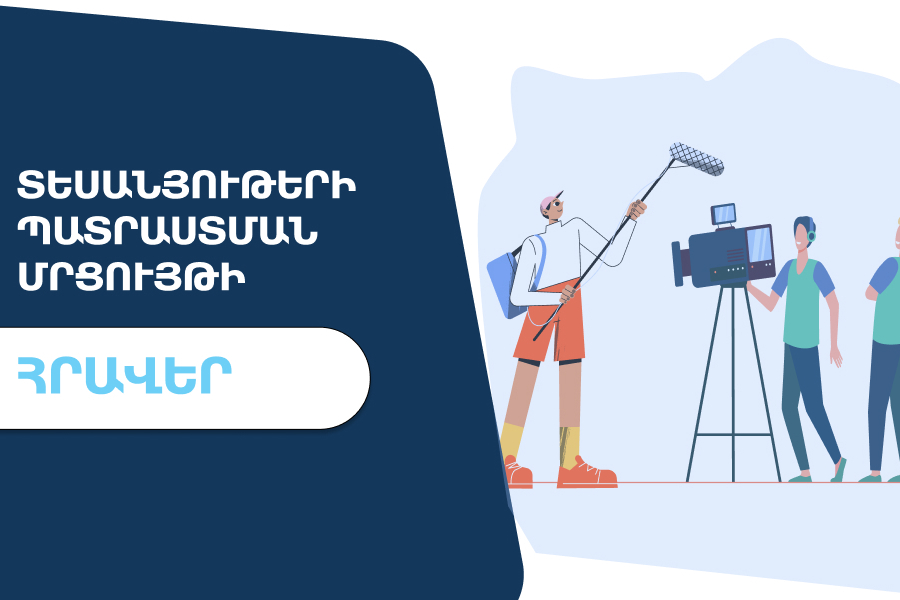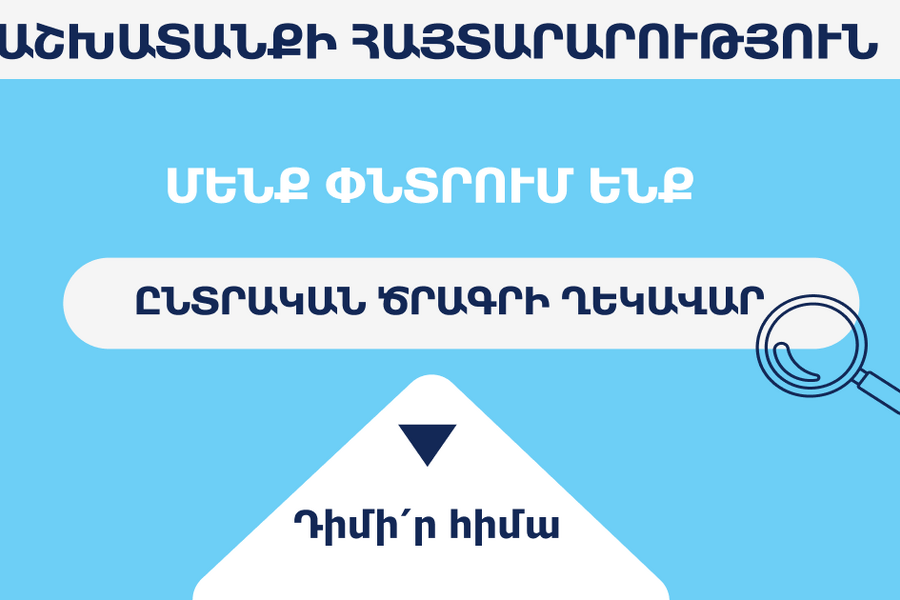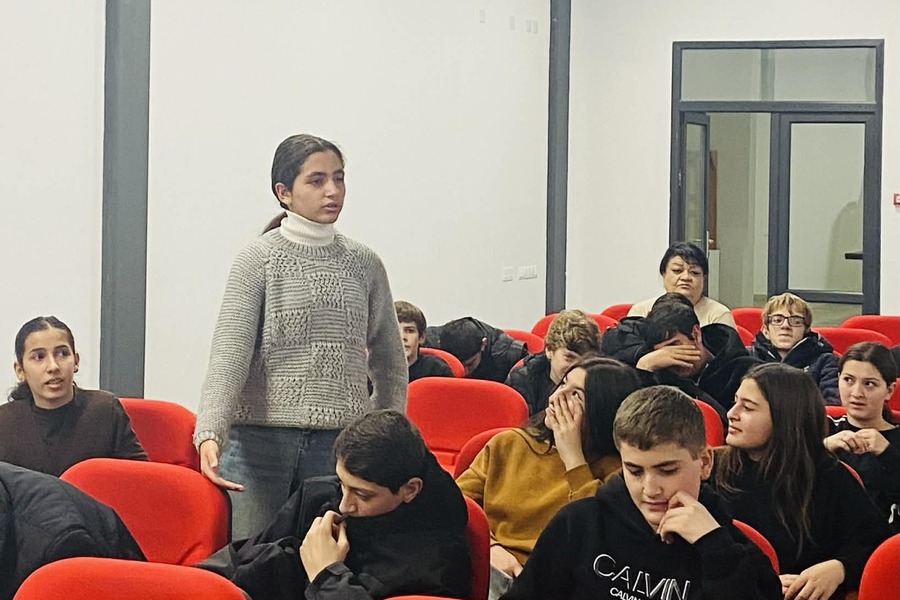media.am: For Open Government Partnership Not to Remain a Mere Formality
media.am. The Working Group to coordinate the OGP Armenian programs is comprised of representatives of the Armenian government and civil society. As Working Group member, Transparency International Anticorruption Center (TIAC) Executive Director Varuzhan Hoktanyan says, "Of course, the transparency of information as a corruption prevention mechanism is very important, but it shouldn't be viewed as 'if it's transparent, then there's no corruption'." It is planned to make the financial activity of a few specific sectors available online (currently, state procurement, healthcare, education, mining, communities…11 sectors in total). There's a clear timeframe for fulfilling the specific phases of work.
To the question what criteria the 11 sectors need to meet in order to be selected, Hoktanyan says that 7 of these were proposed by civil society and 4 by the government. For example, TIAC proposed that Armenia begin the process of joining the Exporting Industry Transparency Initiative (EITI), as well as for the State Procurement Appeals Board meetings to be broadcast online.
Summing up the Open Government Partnership's Second Action Plan, which is approaching the end, Varuzhan Hoktanyan says that in many cases, it seems the Armenian ruling authorities only ensure a formality to the program's ideology. "On the one hand, the government fulfills these and its obligations, but it doesn't ensure the participation of the public sector that should've been. It finally began to hold regular meetings of the Working Group, but it's not only with meetings that these issues are resolved."
The Armenian government will end the implementation of the OGP Second Action Plan this June. Implementation of the Third Action Plan for the period 2016–2018 will start in July.
For the full text see media.am


